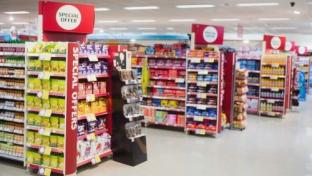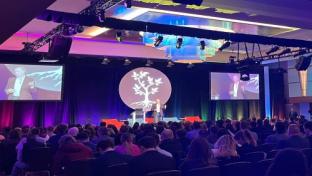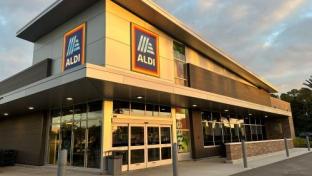These 2 Retailers Are Projected to See Biggest Financial Impact From Generative AI
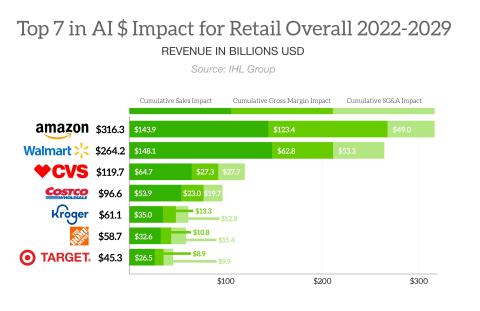
As discussed at Progressive Grocer’s recent GroceryTech event, generative artificial intelligence (AI) is the next frontier, technologically speaking. The new Retail AI Readiness Index from analyst firm IHL Group further delves into the impacts of AI/machine learning and generative AI on transforming retail. The index provides an AI readiness score comparison as well as the potential financial impact for individual companies from sales growth, gross-margin improvement and sales/general administrative cost improvement.
In total, the top 212 North American public retailers and restaurants could see more than $1.5 trillion in additional financial impact through 2029, with Walmart and Amazon accounting for more than $580 billion, or 38.5%, of the total.
Other food retailers poised to see the most financial impact include CVS, Costco, Kroger and Target.
[Read more: “AI Gets Real for Many Businesses”]
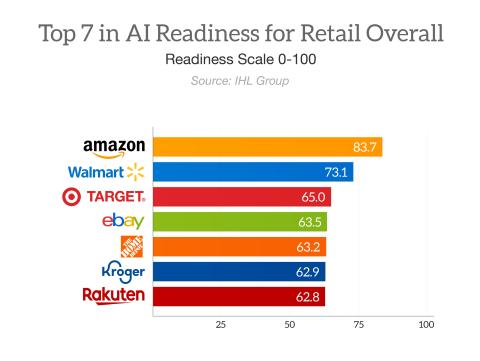
“AI is already transforming the retail market behind the scenes with traditional AI/ML improvements. Generative AI simply adds rocket fuel to that potential financial impact,” said Greg Buzek, president of Franklin, Tenn.-based IHL Group. “This financial impact is a factor of the company’s data and structural readiness to take advantage of the advancements as well scale and free cash flow to invest in the technologies. The real exponential impact comes when generative AI is added onto the hard work companies have done to clean, tag and manage their core data in customer, inventory and product data for traditional AI/ML applications.”
Earlier this week, Amazon revealed a new generative AI feature, making it even easier for customers to understand the common themes across product reviews. The new AI-powered feature provides a short paragraph right on the product detail page that highlights the product features and customer sentiment frequently mentioned across written reviews to help customers determine at a glance whether a product is right for them.
Meanwhile, Kroger has collaborated with Google Cloud and Deloitte on two purpose-built applications to enhance associate productivity.Google and its partners were “able to create something that leverages [AI] to continue to learn, so that we’re always helping associates know what the next thing that they should be doing is,” explainedJose Luis Gomes, managing director, retail and consumer at Mountain View, Calif.-based Google Cloud, “and that is contextual and alive, so that if something happens, the prioritization changes.”
IHL’s research includes rankings for the top seven companies in the following segments: Fast-moving consumer goods (grocery, mass merchants, warehouse clubs); apparel/shoes; hard goods (home improvement, electronics, pets, sporting goods, furniture); health and beauty (pharmacy and cosmetics); restaurant chains (fast food and table service); and pure-play e-commerce companies (those with all-online sales or few physical stores compared to total sales), as well as listing of 212 public companies in total.
According to IHL, the Retail AI Readiness Index is composed of a nine-part algorithm for rating companies based on data maturity, analytics maturity, alignment with key vendors, scale (revenues) and free cash flow, as well as other measures from public and private research. This is then combined with the latest annual financial results for companies to project financial impact.



